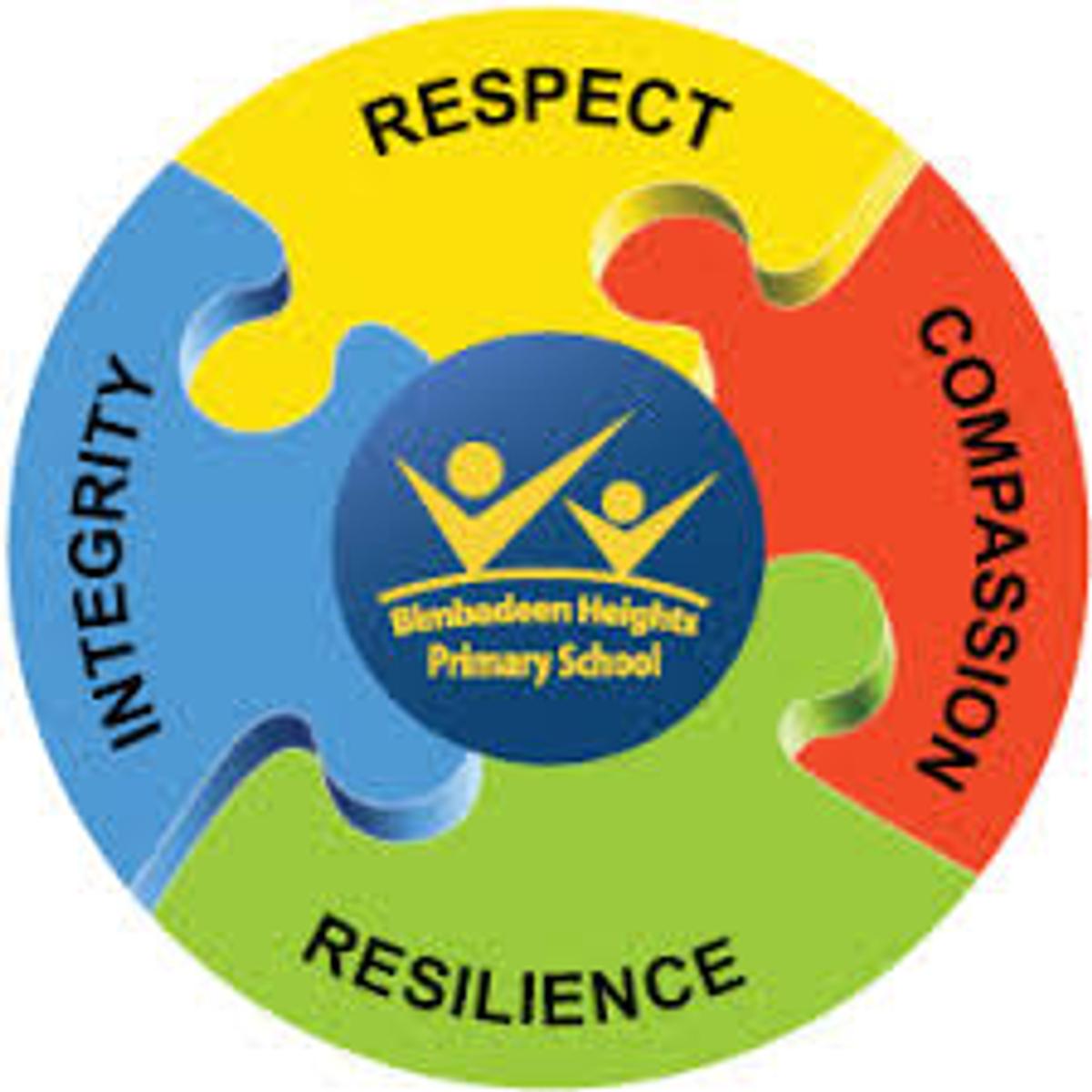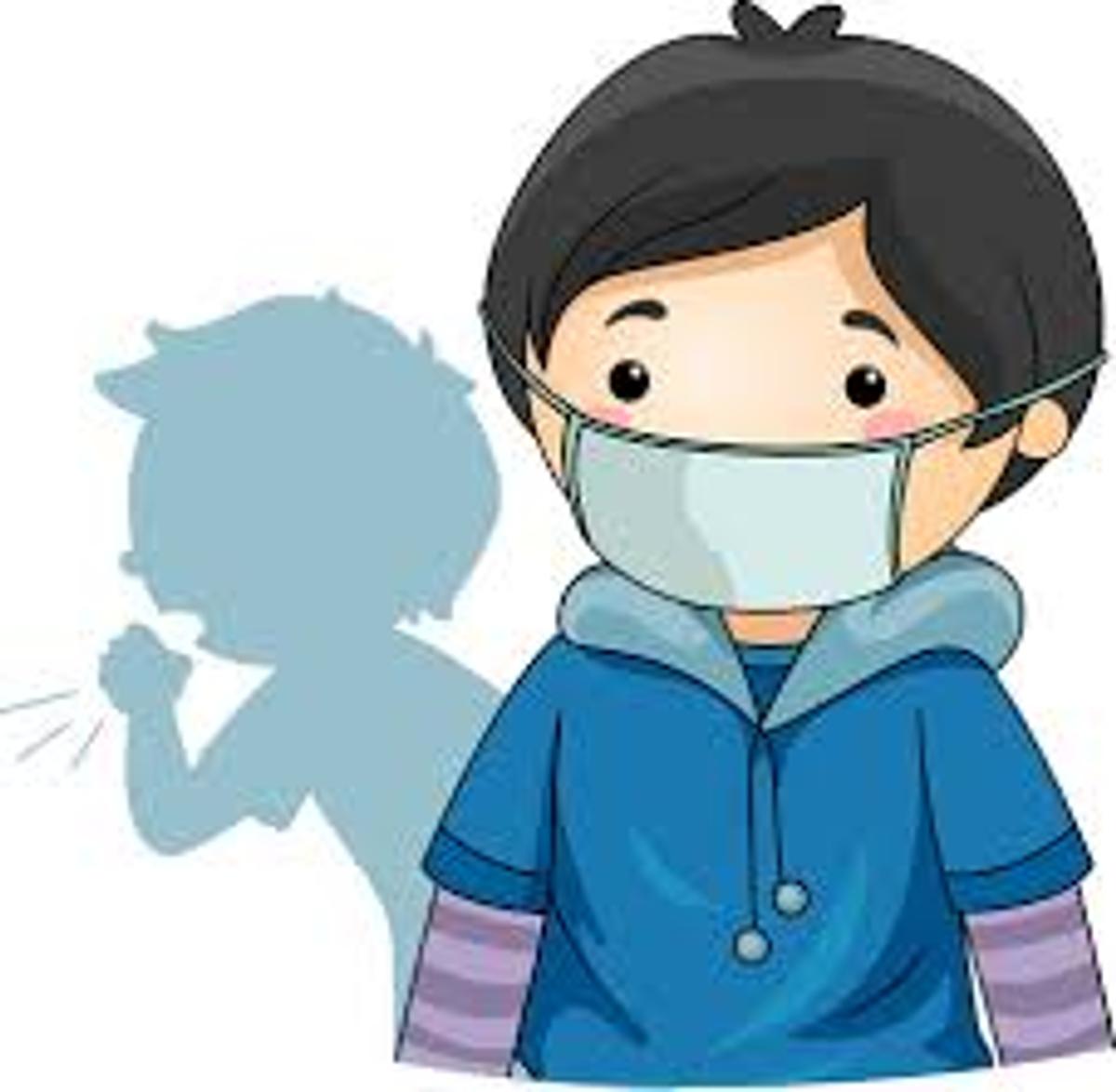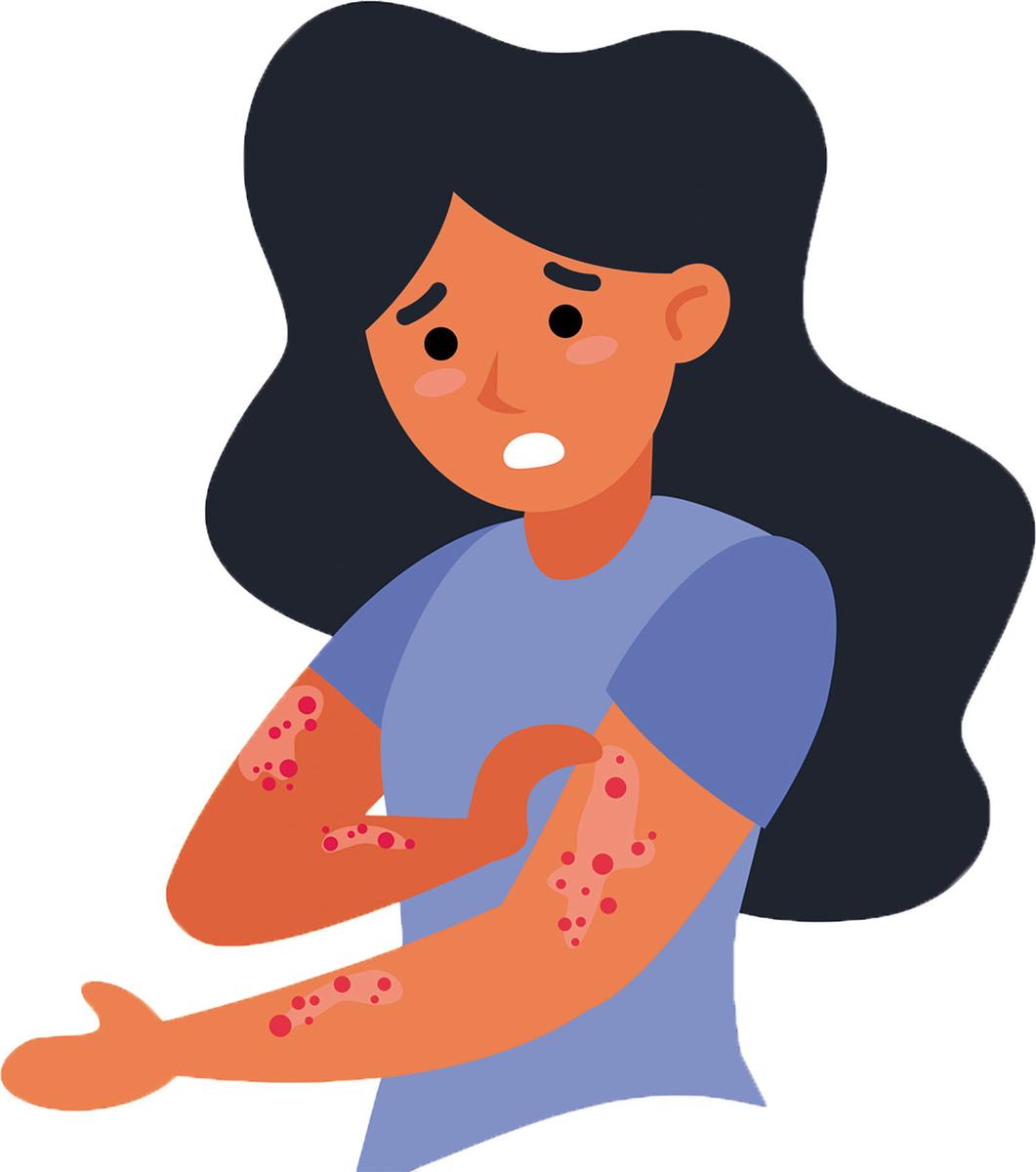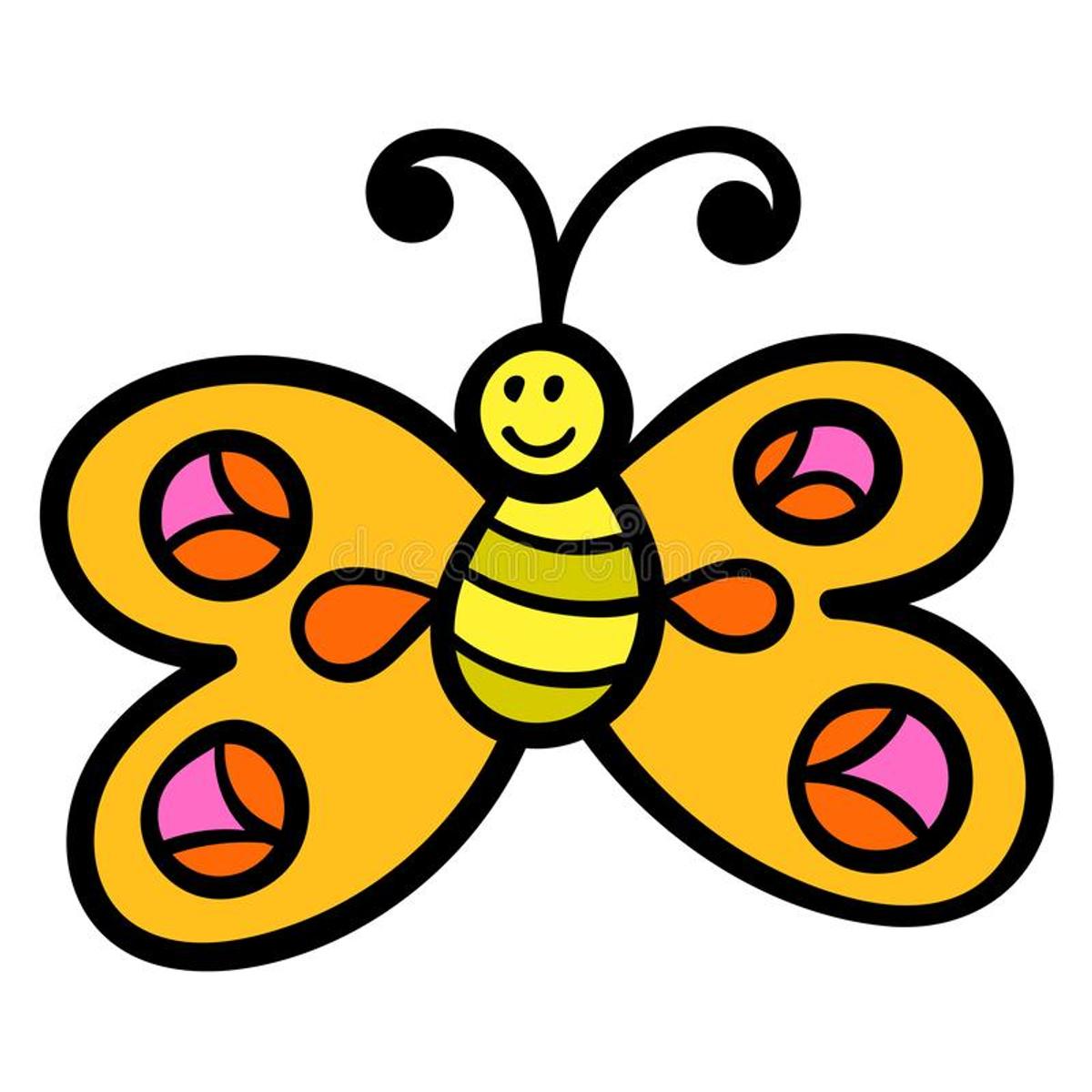Wellbeing
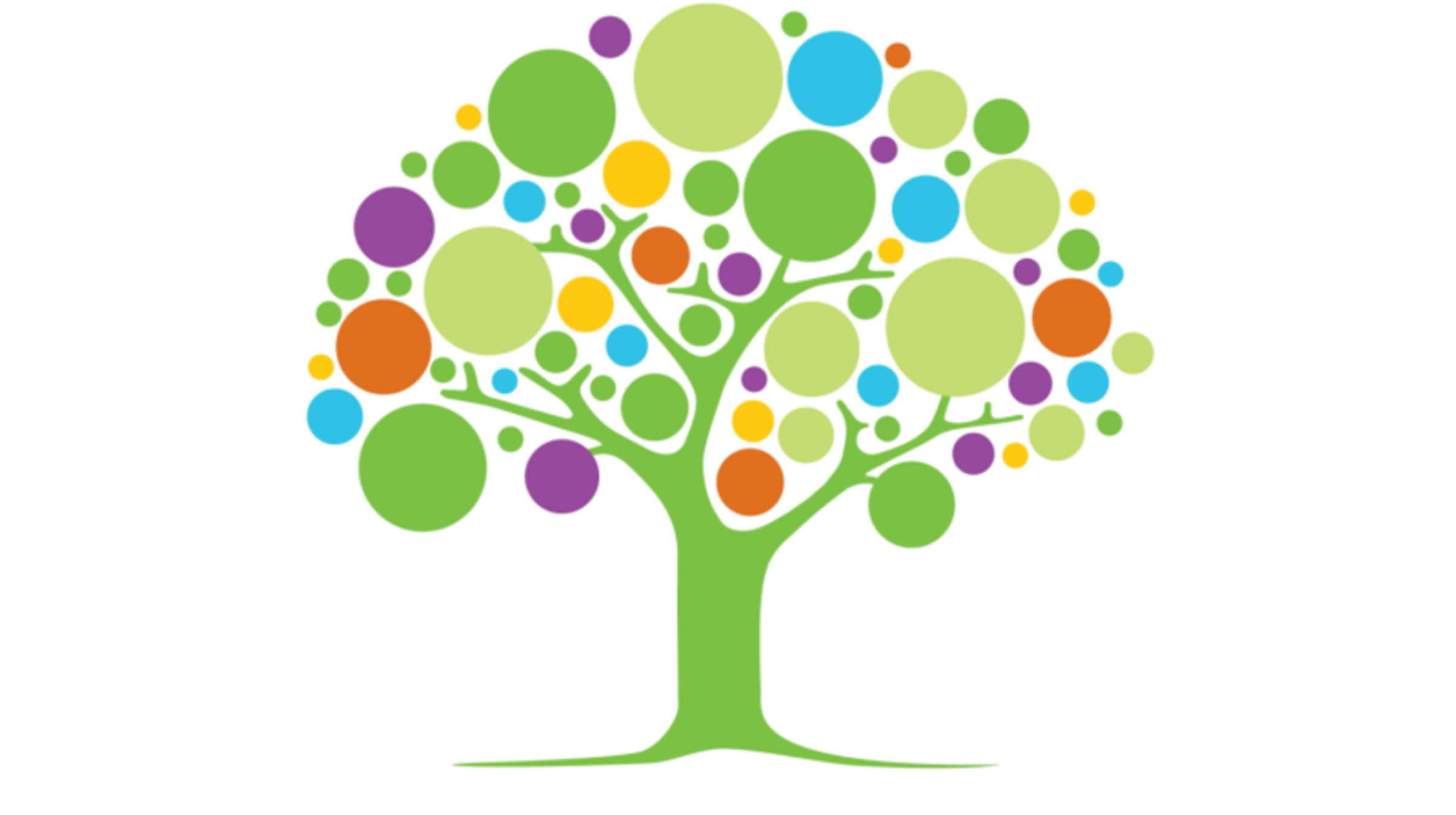
SWPBS -
These students have all received 10 or more tokens for showing our school values in their attitude and behaviour.
Congratulations to:
Jason W. 0BD
Connor C. OTJ
William M. 0TJ
Pariza K. 2BT
Hannah L. 2SB
Rose S. 2BT
Maddie B. 0LN
Lilly S. 6JG
Milo 3/4P
Maxi C. 1MG
Some reasons why we may struggle once a time of pressure concludes
We have all been under a great deal of strain during this challenging period of being in and out of lock downs. Dealing with the uncertainty of our situation has been very stressful, so naturally anxiety levels have increased in both adults and children. We have looked forward to the end of lock downs for so long and yet we may find ourselves wondering why we’re feeling the opposite to euphoric?
This can be rather confusing for adults and for children.
Since they have returned to onsite learning many students are feeling extra tired because they are not used to a full day at school. They may be a bit teary and/or have angry outbursts. Some will be experiencing high anxiety levels and BIG emotions that they are having trouble expressing appropriately. After so many months of remote learning, many will be finding it a big adjustment to being back onsite. Some will miss being with family members at home and others will find that friendship dynamics have altered.
It can be a confusing and distressing for everyone involved.
A helpful resource for supporting students as they adapt to this latest change is found at: https://www. allplaylearn.org.au/covid-support/education-settings/adapting-to-change/
This website was established by Deakin University in partnership with Victorian Dept of Education and Training. It provides resources for teachers, parents, children and the community. The target group is children with developmental challenges and disabilities. However, the resources and information are relevant and helpful for all.
It is likely that not only the students will be going through a period of adjustment. Many adults will have been holding it together as best they could in recent months, especially for the sake of the children. However, quite a number may find themselves experiencing what they believe to be inexplicable symptoms of weariness or even ill health, now that the latest stressful period has eased. It is highly unlikely that they are on their own.
How many times have we found ourselves becoming ill or experiencing chronic illness flare ups during our holiday break or after an intensively stressful period has concluded? It's a phenomenon that's often referred to as, "the let-down effect" and there are a number of scientific studies that have been undertaken to demonstrate the link between the ending of stress and the body becoming unwell.
Psychologist Marc Schoen has specialised in Mind-Body Medicine for over 25 years. He is an Assistant Clinical Professor of Medicine at UCLA and the author of, ‘When Relaxation Is Hazardous to Your Health’. He states that the “let-down effect” can result in, ‘migraine; asthma attacks; autoimmune diseases (like lupus and Crohn's disease), digestive problems and skin conditions (such as eczema and psoriasis).’ It can also lead to many other conditions including, chronic pain, fibromyalgia, arthritis, heart disease, high blood pressure, stroke, mental health problems, such as depression, anxiety, and personality disorders to mention a few.
During acute stress, our body releases key hormones – including glucocorticoids (like cortisol), catecholamines (like norepinephrine) and adrenaline – to heighten our awareness and prepare us to face or flee from danger. Once the stressful situation eases, the key hormone levels reduce which can lead to triggering various the health issues previously mentioned. It can also lead to feeling drained and burned out. This experience can feel strange and confusing as we may believe that we should be feeling relieved and happy, with everything on the up and up!!
To reduce the impact of the “let-down effect” and improve the possibility of emerging from a stressful period feeling good rather than ill, Shoen believes that there’s a critical three-day window following the conclusion of a stressful period when it’s important to intentionally de-stress slowly. He suggests, ‘keep your body slightly revved up to keep your immune system from downshifting abruptly’. He recommends managing it with the right intensity of physical and mental stimulation. For physical stimulation, he suggests, ‘moderate exercise in quick bursts – such as jogging or walking stairs for five or six minutes at a time, several times a day’. For mental stimulation, Schoen recommends doing, ‘challenging math problems, crossword puzzles or computer games, or to play chess under time pressure, for 30 - 60 minutes at a time’. Although it’s likely that this advice is at odds with what we will be feeling like doing following a stressful period, it may be worth a try next time.
In the meantime, go gently and try to listen to what your body is telling you that it needs right now. Check in with yourself about what ways the chronic stress may have impacted upon you physically, psychologically and emotionally.
All those grounding wellbeing suggestions provided during the pandemic continue to apply. Be sure to contact an understanding family member, friend, GP or a support line before it reaches crisis point. In these next few weeks and months, intentionally plan to regularly do some things that recharge and rejuvenate and try to give yourself and your loved ones some enjoyable things to look forward to. We have been through an extraordinary and lengthy period of stress and need to continue to take care of ourselves and our loved ones.
Respectful relationships in the Playground
Naturally for many within our community there is some heightened anxiety at this time. As our students transition back to onsite learning, there continues to be a great deal that’s uncertain.
Our students are observing how adults are responding to this situation. They readily pick up on how adults treat one another and whether there is respect shown or not. Students may learn to mimic this behaviour. Whilst struggling to manage their own heightened emotions, sometimes a student may forget to be respectful towards another.
Within the Respectful Relationships program, there are three examples of different styles of communicating in a conflict situation.
To make it easier to discuss with students, each example is represented by a different animal:
The Lion – Aggressive
- Only interested in winning an argument
- Not worried about hurting other’s feelings
- They threaten or hurt people to get their own way
- They get angry and can’t stay calm
- They refuse to give in until they get their own way.
The Meerkat – Passive
- Is scared of disagreements
- Often pretends nothing is wrong to avoid a fight
- Will run away or leave
- Gives in too easily because they fear they might lose a friend or because they are frightened
- Doesn’t stand up for what is right or what they want.
The Giraffe – Assertive
- Stands tall and stays calm
- Tries to sort out an argument with solutions where both people win
- Says sorry when they are wrong
- Asks for help to sort things out
- Says what they think or feel without getting angry
- Asks the other people what they feel and what they want.
As we all transition through this next uncertain phase of our lives we will all need an extra dose of understanding and patience with one another, and to monitor the impact that stress and anxiety are having on ourselves.
I trust that all within our school community will be making the most of this challenging opportunity to treat others as they would like to be treated, and to work towards becoming more giraffe like.
Take care,
Anne Lawry
Chaplain

